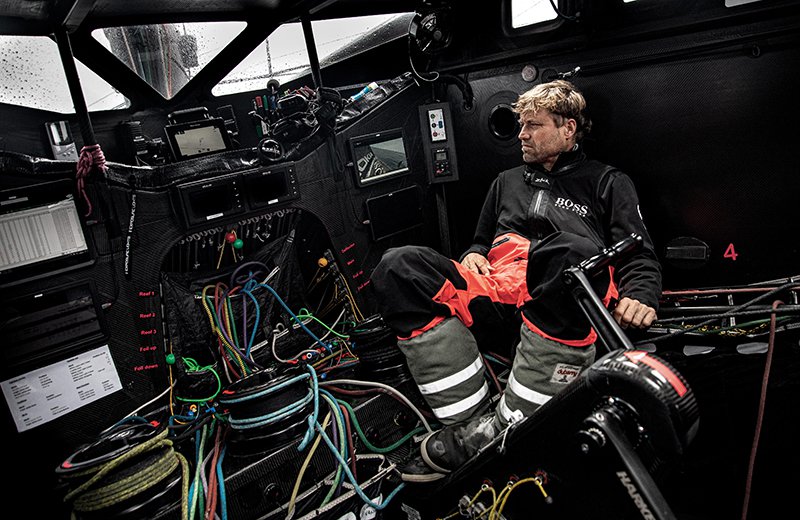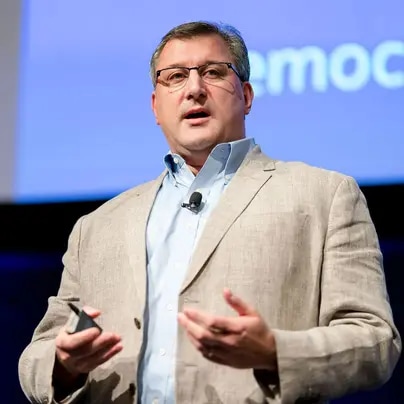You’ll never sail alone!

Alex Thomson, in coordination with his team, has taken the difficult decision to cease racing in this year’s Vendée Globe. This has come after Alex incurred damage to his starboard rudder and it was determined that the damage is significant enough that it cannot be repaired at sea.
While this is certainly a disappointment for Alex and his team, we are reminded of the difficulty of this race, the unpredictable and unforgiving nature of the oceans and how much courage it takes to compete in this race, especially when you don’t know what challenges lie ahead and whether you have the physical and mental strengths to tackle them. When we push the limits, when we innovate, when we go beyond the state-of-the-art, we invariably encounter unknowns. As well as encountering unknowns, luck always has a part to play, which may have caused the premature end of Alex’s race. It is, of course, important that we derive new learnings and increase our understanding from every such experience. In fact, this is exactly what attracted us to this technology partnership in the first place as it is very much aligned with the Bell Labs approach to scientific and technological discovery.
Our objective as technology partner is to provide game-changing technologies to Alex Thomson Racing to help improve Alex’s and the boat’s performance with advanced information, analytics and networking technologies. These technologies span several domains from physiological sensing and monitoring, an augmented autopilot, optimized connectivity, improved situational awareness with a camera network and visualization tools, onboard intelligent data analytics and machine learning. The common thread of all these technologies is that they are focused on increased knowledge, deeper insights and understanding, and improved decision-making in the most challenging of physical environments. In essence, we were looking to use the “digital” domain to understand and enhance human interactions with the “physical” world, and to help augment Alex and his ability to interact with his “machine”.
One of the exciting facets of this work is the essential symbiosis between man and machine, how knowledge about one informs the other, and how they need to work in perfect harmony to achieve maximum performance. That symbiosis is also the connection between the digital and the physical worlds. And the premature end to the race reminds us that the physical world has a multitude of complexities and intricacies. The physical world is full of unforeseen and unpredictable events, it is based on complex physics and mechanics, and it must cope with critical material properties and limitations. Understanding these complex dynamics and figuring out how to navigate these dependencies to achieve the desired outcomes is incredibly hard. We have learned and continue to learn a lot through the technology partnership with Alex Thomson Racing and from the technologies that we have developed for the team, including how these same capabilities can be applied in multiple, less extreme, enterprise and industrial environments to solve the problems of the next human-industrial revolution.
So, although we are disappointed for Alex and his quest to win the Vendée Globe, we are proud of the partnership, and we will continue to learn together to improve our understanding of the physical world in the most mission-critical circumstances.
#AllezAlex
